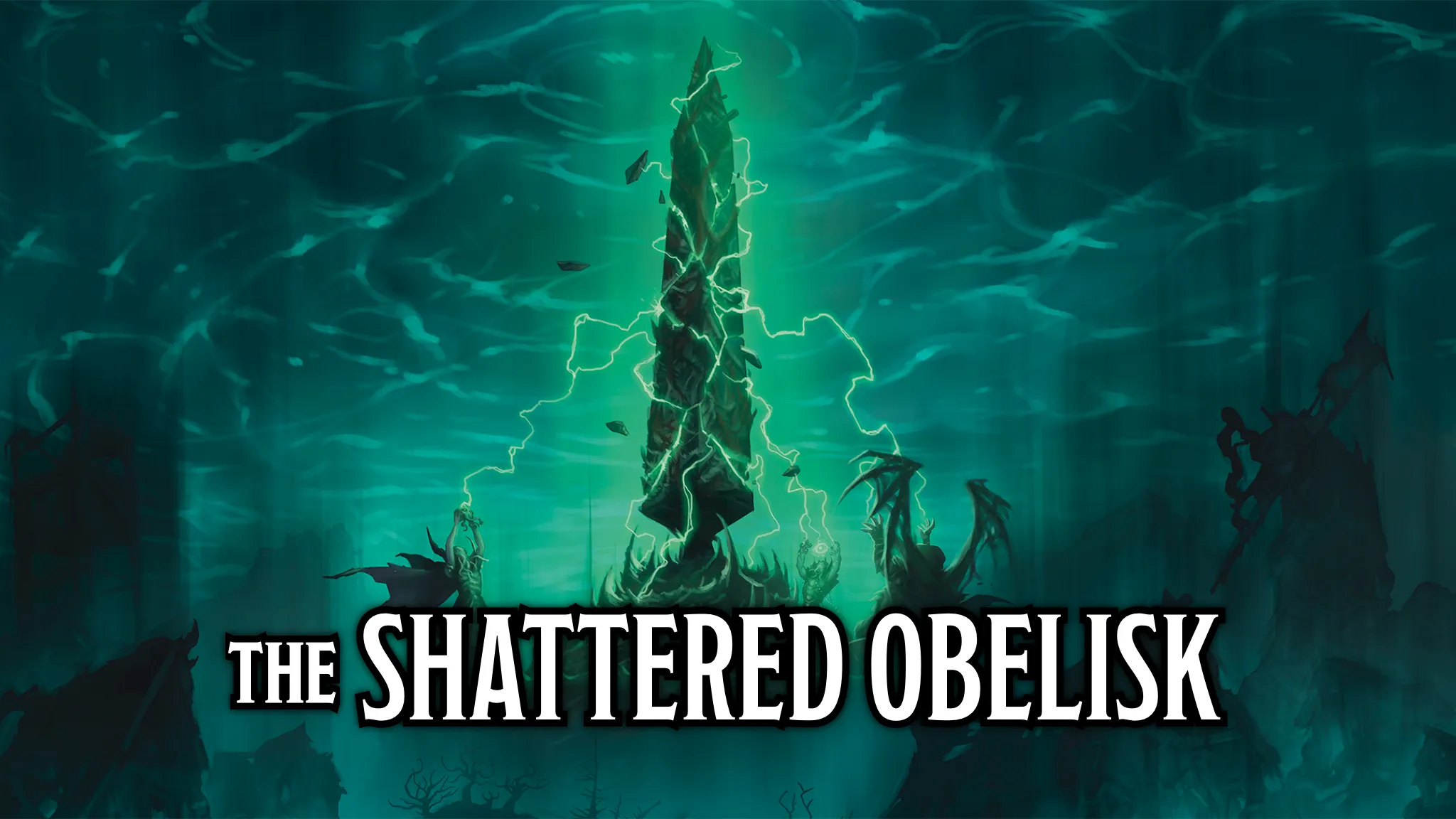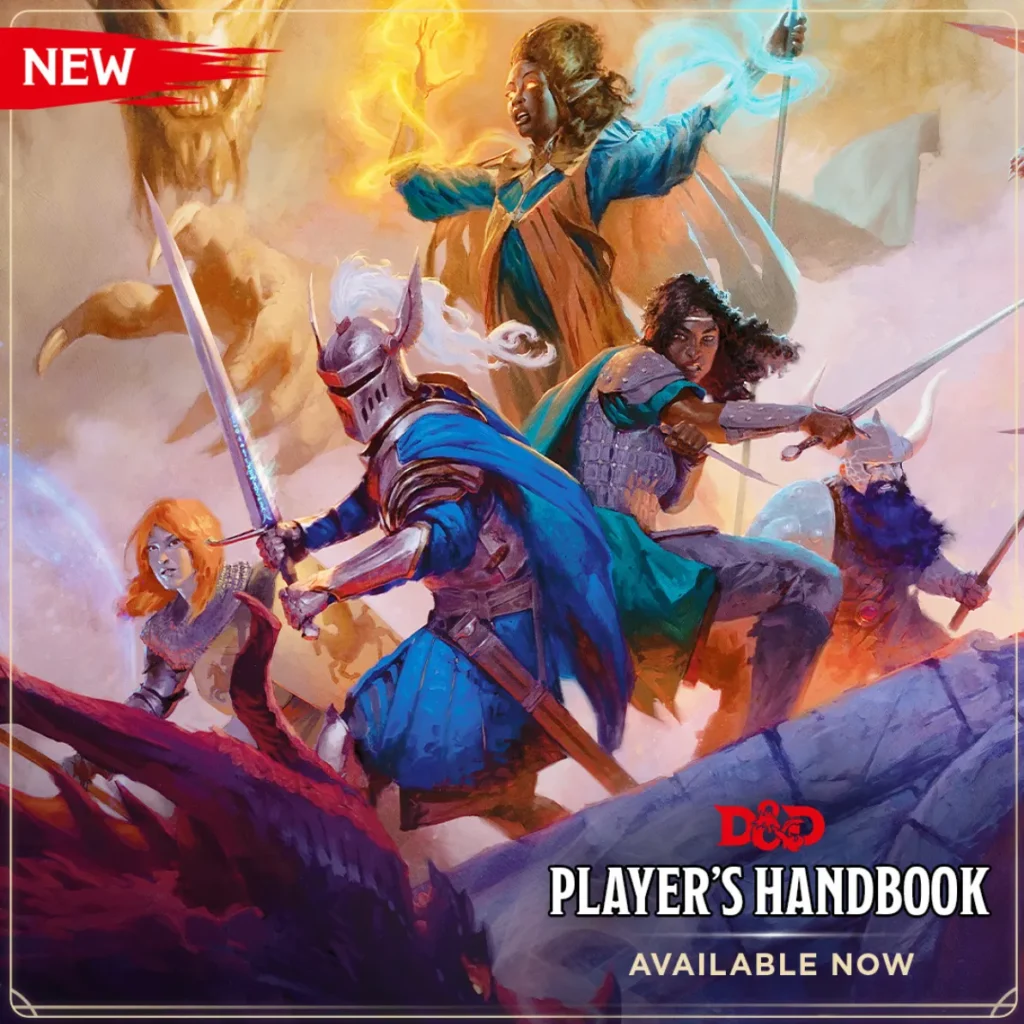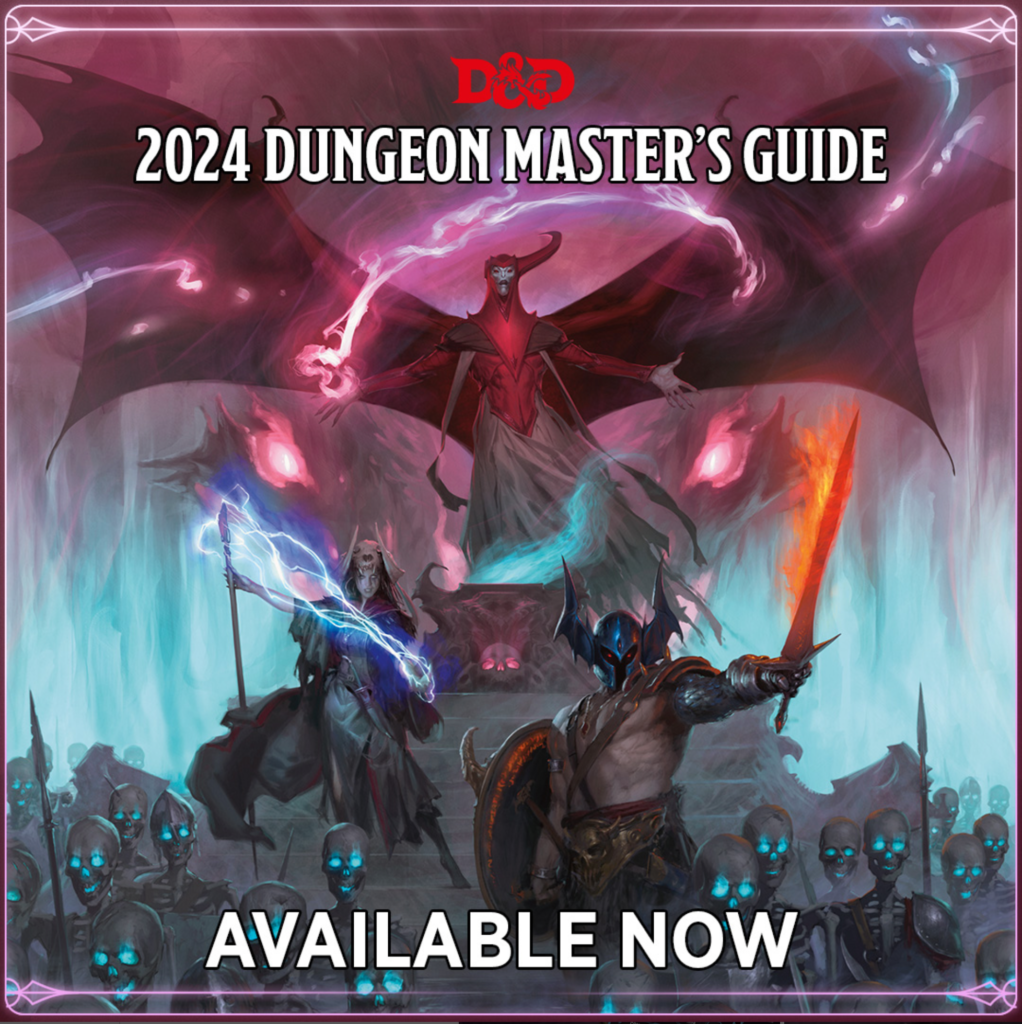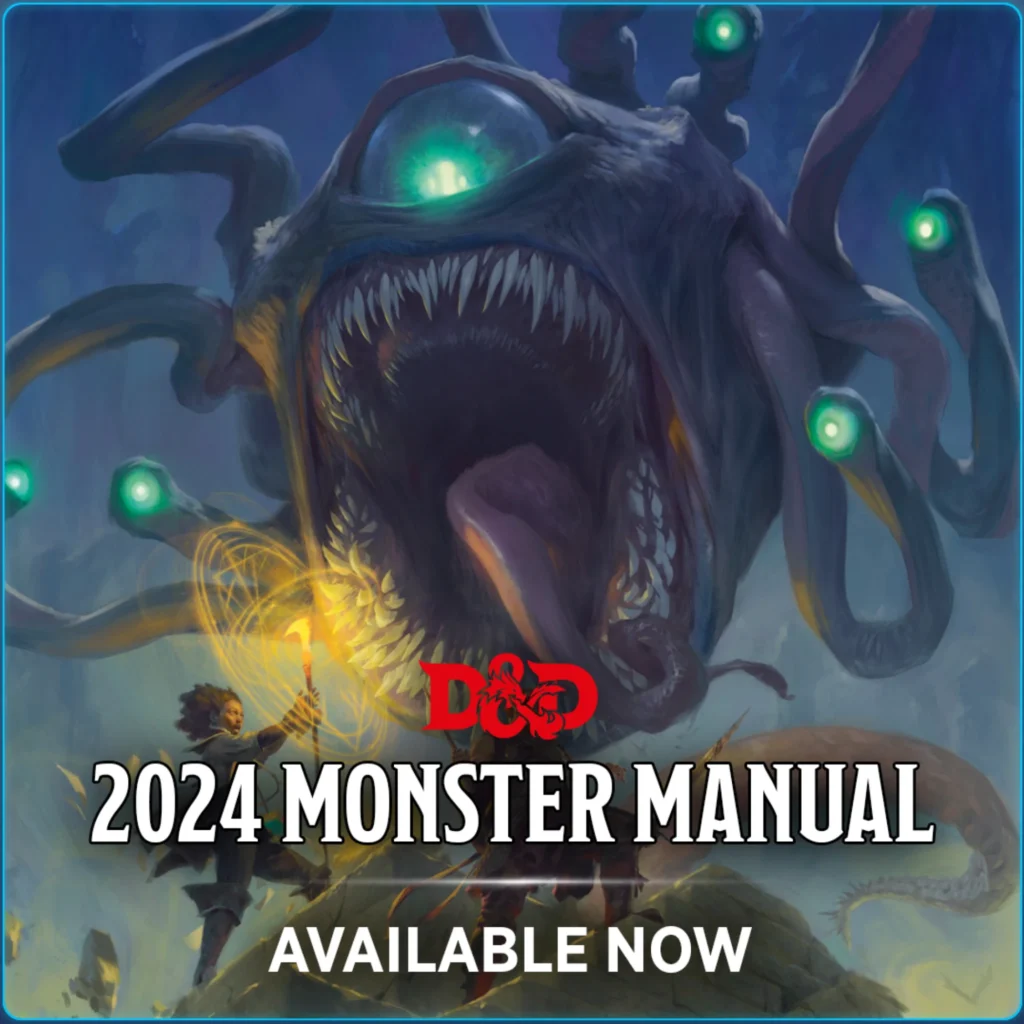Published on February 5, 2025
Written by Bardic Quest
When it comes to tabletop role-playing games, much of the spotlight often shines on the Dungeon Master for their meticulous preparation. However, players also have the power to significantly enhance the gaming experience by doing a bit of pre-game prep themselves. Inspired by a list shared by B. Dave Walters, known for his work with the Stranger Things D&D crew and various actual play shows, here’s a comprehensive checklist to help players dive into their roles with skill and style.
1. Review Your Spells, Items, and Abilities
Start by taking a close look at what your character is equipped with—spells, items, and special abilities. This step is crucial for steering clear of analysis paralysis during game sessions. By familiarising yourself with your character’s capabilities, you’ll be better prepared to navigate tricky situations and avoid the “if only I’d known” moments that can arise mid-game. Regularly reviewing your character sheet can uncover hidden potentials that you didn’t remember from last session, allowing you to maximise your character’s effectiveness.
2. Familiarise Yourself with Backstory and Backgrounds
Your character’s backstory is more than just an origin tale; it’s a rich tapestry from which role-playing moments can spring. Reflect on your character’s history and consider what aspects you might want to reveal during the session. However, avoid delivering a monologue of your character’s entire history in one go—it can sap the mystery out of your character. Instead, choose to reveal small, intriguing details, which can hint subtly at deeper connections or secrets to be explored in future sessions.
3. Reflect on Bonds, Ideals, and Flaws
Take time to review your character’s bonds, ideals, and flaws. These aspects serve as invaluable role-playing prompts that can deepen your character’s involvement in the story. Think about how these elements can come into play in the upcoming session. Whether a flaw leads to a humorous mishap or an ideal pushes the narrative forward, integrating these traits will enrich both your character and the game as a whole.
4. Set Session Goals
Consider what your character hopes to achieve in the forthcoming session. While the main quest is important, personal character goals aligned with your backstory or key traits can add layers to the story. Whether it’s finding a clue about a mysterious past or confronting a moral dilemma tied to your character’s beliefs, setting these objectives enhances both personal involvement and the group’s storytelling.
5. Clarify Rules and Gameplay Questions
Finally, iron out any uncertainties you might have about the rules or how your character’s abilities work. Use resources like the Player’s Handbook to clear up questions about specific conditions or mechanics that might arise. This ensures you come into the session ready and confident, easing the burden on your Dungeon Master and allowing the game to flow more smoothly. Remember, your DM has the final say, but having a good grasp of the rules will keep the game moving at a fun and engaging pace.
In summary, while Dungeon Masters prepare their campaigns, players can equally contribute to the success and enjoyment of a session with a bit of thoughtful pre-game preparation. Use this checklist to ensure a smooth and exciting adventure at your next table-top escapade!






